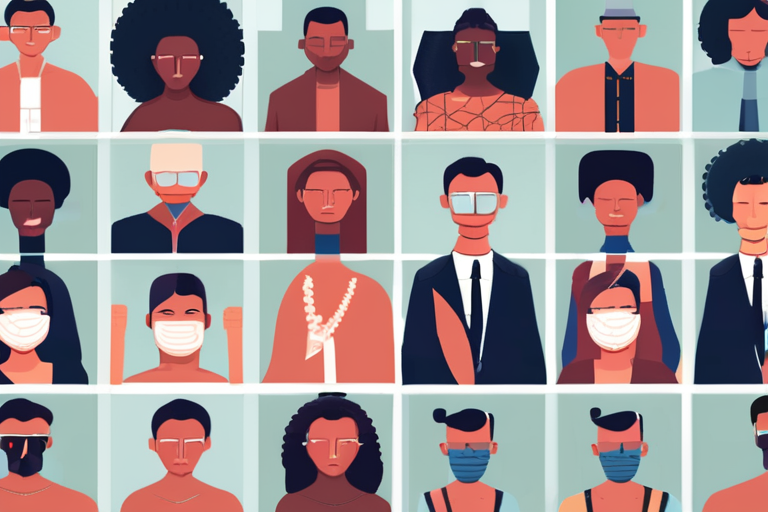The U.S. Supreme Court on Thursday allowed President Trump to proceed with his plan to require that passport applicants list their sex as what was designated on their birth certificate. The court's decision overturns a lower court order pausing Trump's policy and allowing applicants to choose for themselves whether they would like to identify with an M for male, F for female, or an X for neither.
According to the court's decision, the government will now require passport applicants to provide documentation, such as a birth certificate, to verify their sex as listed on the document. The policy change is expected to affect transgender and non-binary individuals who had previously been able to request a passport with an "X" marker, which was introduced in 2021 under President Biden.
The plaintiffs in the case, led by Ashton Orr, a transgender man who was falsely accused of using a fake passport by airport security when traveling with a passport that had a female sex marker, argued that Trump's policy would cause harm to transgender and non-binary individuals. In a statement, Orr expressed disappointment with the court's decision, saying, "This policy will put the lives of transgender and non-binary individuals at risk by forcing them to choose between their identity and their safety."
The government has allowed citizens for over 30 years to request a passport that reflects their gender identity instead of the sex listed on a birth certificate. The use of an "X" marker, which allows individuals to identify as neither male nor female, was introduced in 2021 as part of a broader effort to increase inclusivity and respect for the identities of transgender and non-binary individuals.
The Trump administration argued that the policy change was necessary to maintain the integrity of the passport application process and to prevent potential security risks. In a statement, a spokesperson for the Department of State said, "We are pleased that the court has allowed us to move forward with this policy change, which will help to ensure the accuracy and security of passport applications."
The decision has been met with criticism from some civil rights groups, who argue that the policy change will cause harm to transgender and non-binary individuals. In a statement, a spokesperson for the Human Rights Campaign said, "This decision is a step backward for the rights of transgender and non-binary individuals, who deserve to be treated with dignity and respect."
The current status of the policy change is unclear, but it is expected to take effect in the coming weeks. The plaintiffs in the case have vowed to continue fighting the policy, and it is likely that the issue will be taken up by the Biden administration in the coming months.


























Share & Engage Share
Share this article